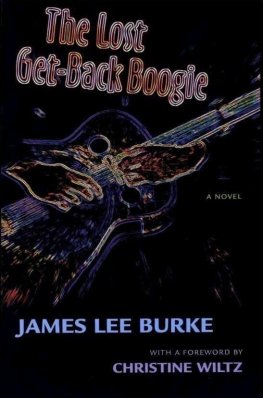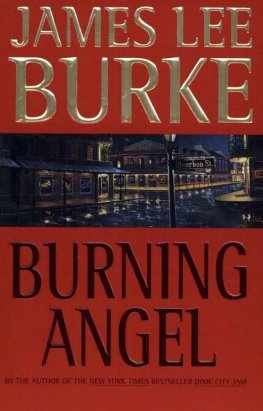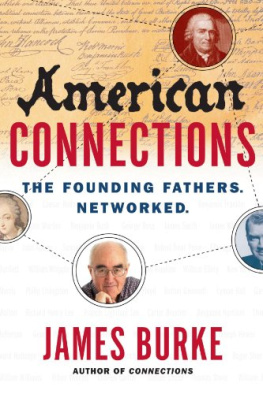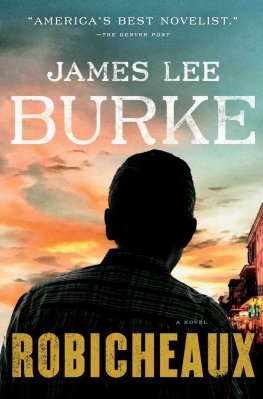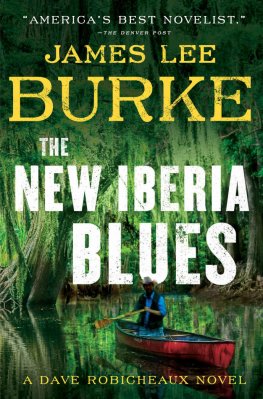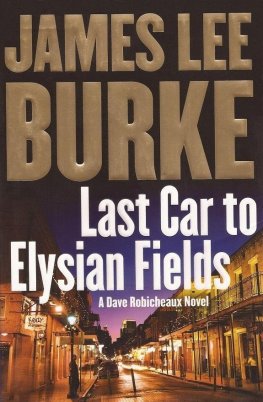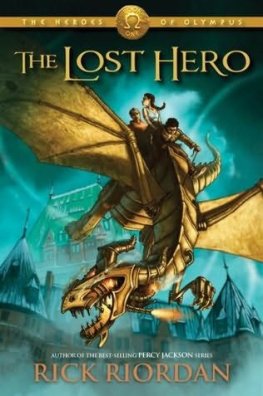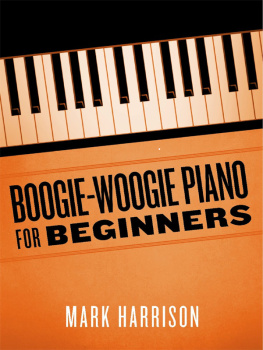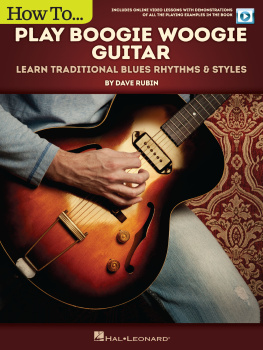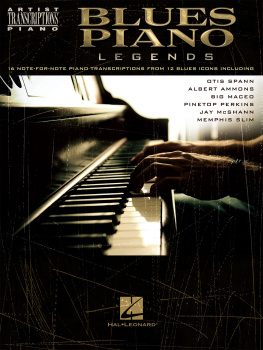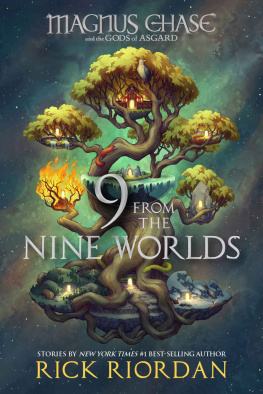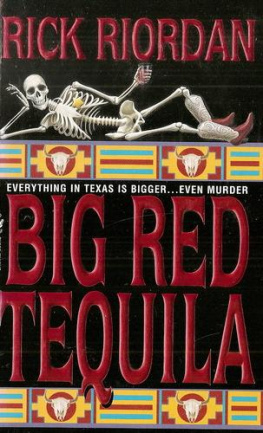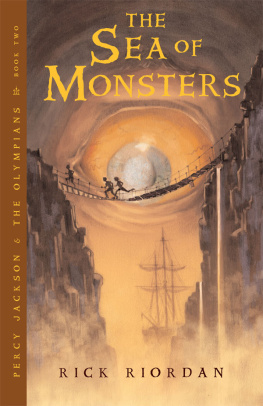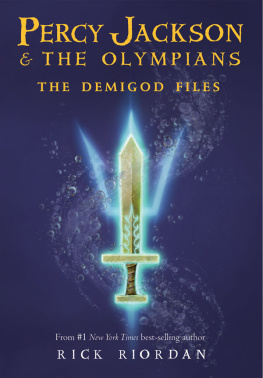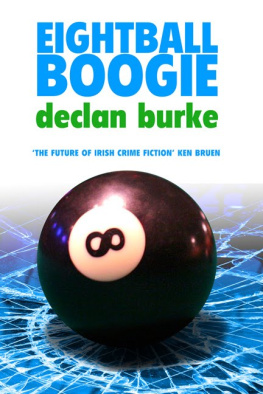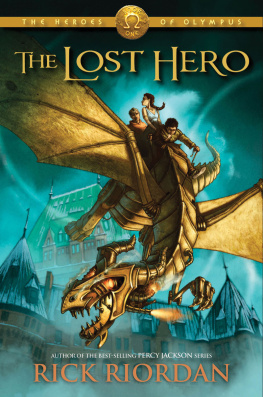James Lee Burke
The lost get-back boogie
For John and Judy Holbrook,
Frank and Linda Loweree,
and Dexter Roberts
You know, the blues is something thats hard to get acquainted with. Its just like death. Now, I tell you about the blues. The blues dwells with you every day and everywhere. See, you can have the blues about that youre broke. You can have the blues about your girl is gone. The blues comes so many different ways until its kind of hard to explain. But whenever you get a sad feeling, you can tell the whole round world you got nothing but the blues.
Sam Lightnin Hopkins
Eighteen years ago The Lost Get-Back Boogie, James Lee Burkes sixth work of fiction, found a home at Louisiana State Univeristy Press after nine years of making the publishing rounds and 111 rejections. For Jim Burke, theres a good story in everything, even rejection; he likes to tell how the manuscript would be returned torn and gouged and stained, as if the editors whod read it had worked out their anger on its pages, and their assistants had been careless with their coffee before putting it back in the mail.
Theres no anger or residual bitterness when Jim tells the travels and travails of The Lost Get-Back Boogie. There is only humor his wide grin and infectious laugh as he describes with relish the various work-overs received by his beleaguered manuscript and gratitude to the people at LSU Press. He always mentions each by name Martha Lacy Hall, Les Phillabaum, John Easterly, and the late Michael Pinkston those who revived his flagging career by publishing his collection of short stories, The Convict, in 1985, followed by The Lost Get-Back Boogie in 1986, which was critically acclaimed and nominated for a Pulitzer Prize. Prior to The Convict, Jims work had gone unpublished in hardback for thirteen years.
The story gets better. In 1987, the first of Jims series of novels featuring Cajun detective Dave Robicheaux, The Neon Rain, was published to more critical kudos. A book a year followed; by 1990, with the third in the series, Black Cherry Blues, Jim won his first Edgar Allan Poe Award from Mystery Writers of America. He is only the second writer in the history of the awards to win two Edgars for Best Novel of the year. (In 1998, Cimarron Rose, the first in the Billy Bob Holland series, also won the Edgar.)
Then the movie people discovered the complex characters who move his pack-a-punch plots and inhabit his lush Louisiana landscapes. The Robicheaux series had offers rolling in from Hollywood, with the deal and the role going to Alec Baldwin, who played Robicheaux in Heavens Prisoners. The Lost Get-Back Boogie set in two of the places Jim loves best, Louisiana and Montana was also in development.
To my way of thinking, this recognition of one of our countrys great prose stylists was inevitable. But when I first met Jim here in New Orleans in 1988, at a hotel on Canal Street where the Popular Culture Association conference was meeting, none of us knew that Jim was on the cusp of fame and the New York Times Bestseller List. We stood in a hallway outside a meeting room, each awaiting our turn to be interviewed about our work in front of a full house of academics from across the country. Jim was still teaching at Wichita State University then, and he wore a plaid shirt and cowboy boots, along with the easygoing, confident demeanor of someone used to speaking in front of a crowd. My nerves felt like one of those strings of blinking red-hot-chili-pepper lights.
Soon enough, though, we were talking about all sorts of things and joking around with Rhoda Faust, owner of Maple Street Book Shop, who was at the conference selling books. Jim helped her move boxes while he went off on an entertaining riff about Bourbon Street having become a raunchy Disneyland with theme restaurants and nightclubs next to the daiquiri stands and corn dog vendors and the T-shirt and G-string shops. I forgot my nerves.
Jim was so engaging with his easy smile and seemingly endless repertoire of stories about growing up on the Louisiana/Texas Gulf Coast, that he completely won over his audience. After the interview, I heard Pat Browne who ran the Popular Press at Bowling Green University and is the wife of Dr. Ray Browne, founder of the PCA say, Cant you just hear his mama fussin at him and calling him Jimmy Lee?
If youve read any of his twenty-three books, you might not be able to feature that too easily. Jim Burkes fiction is gritty and realistic; his novels are loaded with action and shot through with violence; they are darkly concerned with good and evil and morality; as in the novels of Graham Greene, there are Catholic undercurrents and struggles with faith and demons. The demons sometimes come in the form of satanic villains, but they are as likely to be manifestations of the past. In a Burke novel the characters who grab our attention and gain our affection and admiration are those who will face their demons squarely, who will not shirk the dark night of the soul. Jim is at his very best when he allows his characters self-reflection. As readers, we are fascinated by their efforts, disappointed yet comforted by their failures, heartened by their determination not to allow the demons to beat them, but to live another day to fight. On my best day, Dave Robicheaux says in Jolie Blons Bounce, I cant even take my own inventory. But he continues the struggle, often at a high price. His choice is mandated by his code of honor, his ability to face the truth about himself and stand up to his vulnerabilities, which has much to do with the fact that Dave is a recovering alcoholic.
The psychology of misfits and criminals and an understanding of the society that produces them is a Burke specialty, and his sixth sense of a place and its culture is a large part of Jims ability to get to the essence of character. In turn, his characters drive their actions through very specific locales. Simply put, these stories couldnt happen anywhere else. My favorite commentary on this comes from Clete Purcel, Robicheauxs friend and fellow edge-dweller: This is Louisiana, Dave. Guatemala North. Quit pretending its the United States. Life will make more sense. Such a striking statement could also be made about Billy Bob Hollands Texas, the Civil War landscape of White Doves at Morning, and the Bitterroot Valley of Montana in The Lost Get-Back Boogie.
This new edition of The Lost Get-Back Boogie arrives from LSU Press in the same year as Jim Burkes twenty-fourth novel. Certainly it was the turning point in Jims career when the Press published it eighteen years ago. Readers now will recognize in it all the explosive elements that have turned James Lee Burkes entire body of work into one brilliant display of fireworks after another.
This powder keg of a novel has all the familiar Burke leitmotifs the struggle between good and evil, and the uneasy definitions we often force upon these concepts; the legacy of the past and the demons it creates, along with rage of the demons against self and the world; violence and its consequences, and questions about why the world we live in continues to become more violent; friendship and loyalty; race, class, arrogance and revenge; the environment; addiction and regret; faith, family, love and heartbreak. The protagonist of The Lost Get-Back Boogie, Iry Paret, stands in the ranks with Dave Robicheaux and Billy Bob Holland: he is a hero who is given to self-reflection, who asks himself the hard questions and doesnt shrink from the answers, who is sometimes helpless against his own rage, who has a built-in dislike of authority, is irreverent and wary of others, but whose compassion and humanity reside just below the surface and close to the heart.

